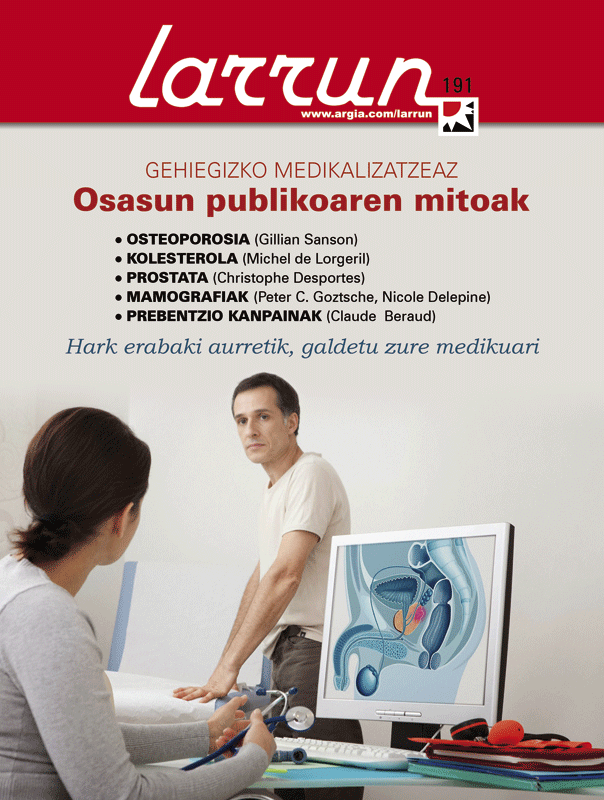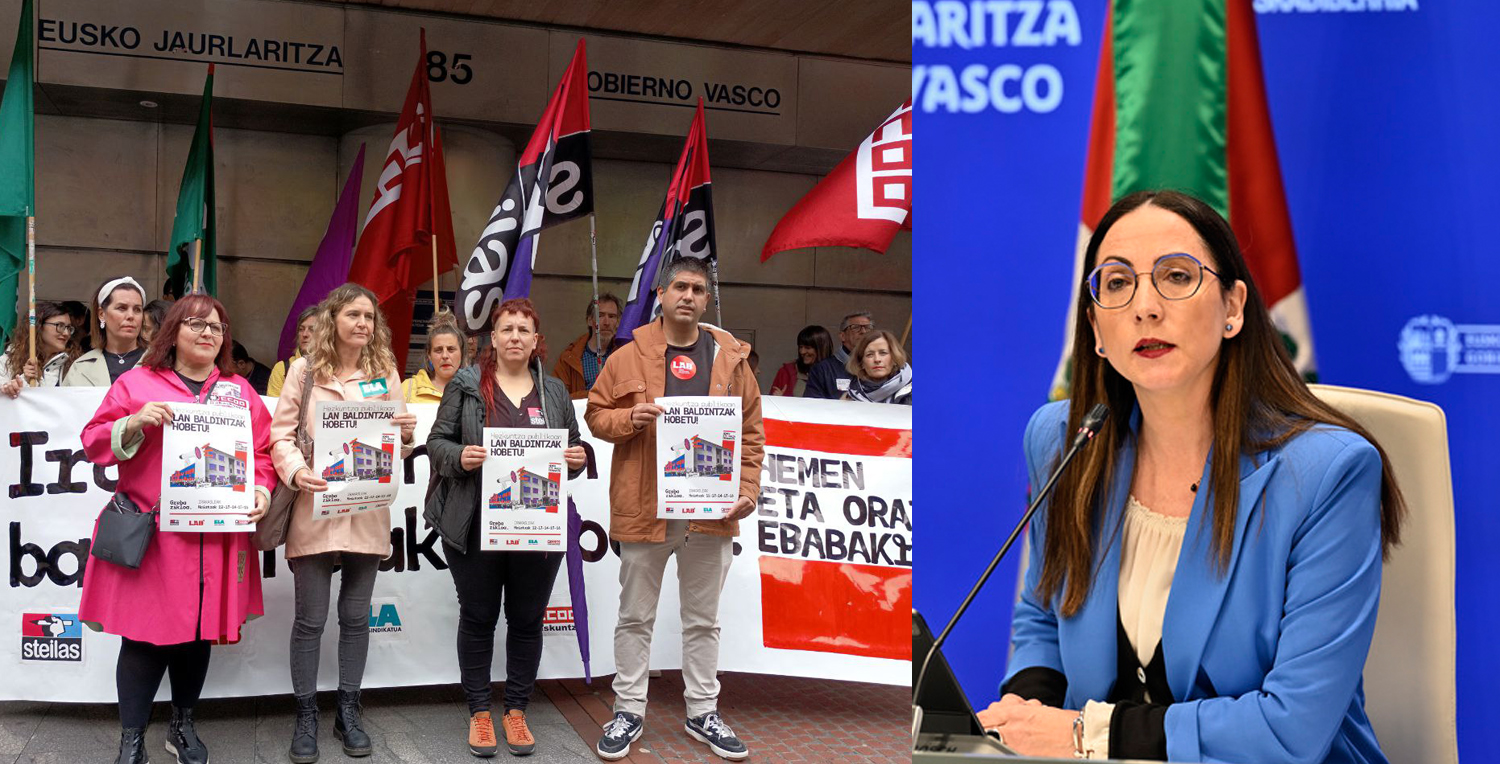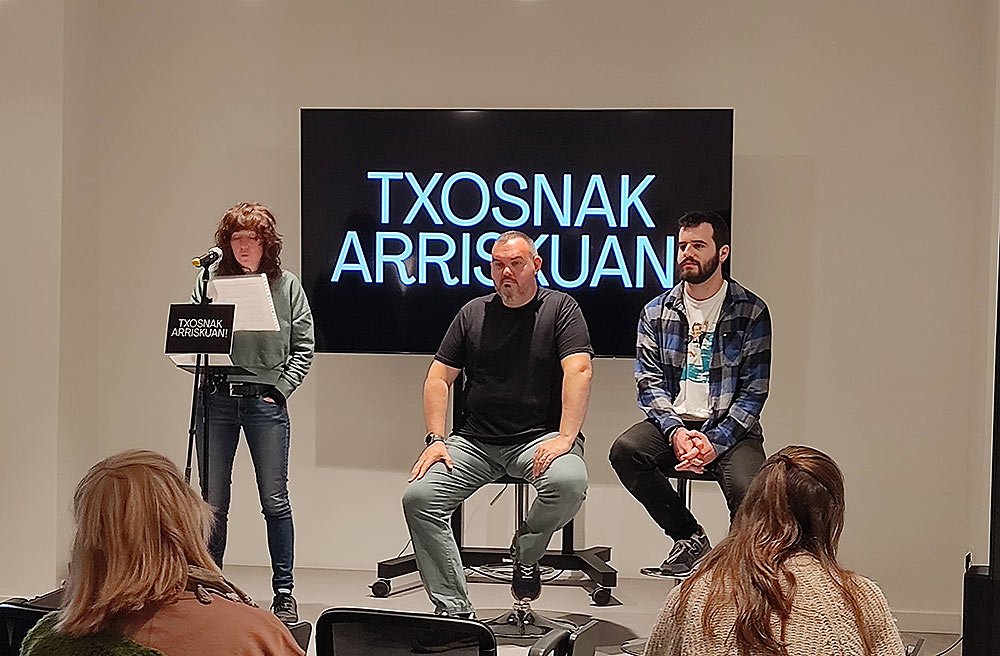"The best thing for women is to say no to mammograms."
- Peter C. Gøtzsche is a Danish medical researcher and leader of the prestigious Nordic Cochrane Center driven by the Rigshhospitalet clinic in Copenhagen. Her most famous book has recently been published in Spanish (Drugs that kill and organized crime) but before, under her direction, Cochrane had published in the scientific journal The Lancet Is screening for breast cancer with justifiable mammography? (Is breast cancer screening justified?) with the report. He was interviewed by journalist Kim Witczak after his speech at the Selling Sickness congress held in Washington in the summer of 2013.

Will you summarize what you say about mammographic checkups?
You have to stop them. That's what they say life saves has never been proven. The overall mortality rate is the same, the same cancer mortality. What they get is that many healthy women get cancer without any need. Poor people are responsible for an overdiagnosis of 50%, so a woman who rejects these mammograms reduces the risk of cancer by 1/3. [Not doing those checkups] is the best thing wives can do.
We have been investigating the matter for fourteen years. In Denmark, we have had a proper observatory, as the authorities decided that 20% of wives would carry out checks. The remaining 80% have not been generalized screening of this type of women for seventeen years. Therefore, in Denmark, there has been a control group [that does not take treatment] in the world to compare it with those who take it.
In recent years, it has been found that breast cancer mortality has decreased everywhere and that it has decreased even more among young women than never checked by mammography. Therefore, the situation has not improved in the check-ups, but there have been better treatments.
What led him to investigate this kind of check-up?
When the Danish Parliament debated the implementation of this screening for all women in 1999, a 15-year study was presented in Sweden showing that both the women who performed the mammography and the women who did not did it had the same results. That's why the Danish Medical Association asked politicians: How can they apply this general care if their benefit is not clearly proven? The authorities commissioned the Nordic Cochran Center to review all the studies carried out so far, as the new measure could cause more harm than good.
What answers those who disagree with the results of their research?
It's pretty straightforward, because our data is very grounded. For example, when the head of the breast checkups in Norway realized the results, he left his profession. Some colleagues denounced that he was wrong as a scientist, because they were angry because the woman discovered that the activity was useless. The idea of these mammograms is to decrease cancers, and if this doesn't happen, they don't work. It's as simple as that. I do not see room for discussion with our results.
Take mammograms from countries that have established 15 years apart and compare, for example, the Netherlands and Belgium, Norway and Sweden… and you will realize that breast cancer mortality has gone on a similar schedule when it goes down. It has nothing to do with the spread of mammograms, since mainly more effective treatments have been created. They're very compelling data.
In your opinion… what should a person do on this issue?
The best thing a woman can do is say no to mammograms. We know for sure that this does not benefit you. When you see that some women are going to die of breast cancer, you have to see that many others fall into overdiagnosis, and this increases the risks of heart attacks or lung cancer, for example. After all, we see no benefit from mass mammograms. In a way, these checkups are the ones that cause cancer. They produce diseased cancers, sometimes detecting harmless cancers. On the other hand, we see that cancers fade on their own, without any treatment.
He has published a new book. Can you tell us something about him?
It's the medicine doctors give. It concerns medicines and organised crime, doctors sold and the law enforcement authorities, who do not fulfil their duty. They don't protect us from dangerous drugs. Therefore, our medicines are not safe. I'm not original in what I'm going to say, but it's been shown that heart attacks and drugs administered by doctors after cancer are the third leading cause of death, as in the United States in Western Europe. This demonstrates the corruption in the health sector and the lack of control by the authorities that have caused this almost as deadly epidemic as tobacco. What the pharmaceutical industry does is similar to what organised crime does.
Nicole Delepine mediku pediatra eta onkologoa da. Bere azken liburua da Cancer, un fleau qui rapporte (Minbizia, dirua ematen duen izurritea). Erretretan sartu artean Garches klinika onkologikoaren zuzendari aritu da, sistema publikoan. Ondoko zatia berak ezarri berri du bere blogean, ohar honekin: “Liburuan idatzi nituen hitzok ez ditu inork gezurtatu; salatzen dute “arrosa koloreko urria” (Octobre rose) bezalako kanpainen manipulazioak, behin eta berriro errepikatzen dira kanpainok inolako lotsarik gabe, krisi aroan eta finantza publikoak ito larrian daudela. Borroka politiko ‘feminista’ omen dena, baina babestu nahi omen diren emakumeen kalterako doana. Baina bi mila milioi euro… horiek ezin dira galtzen utzi hain erraz”.
Heriotza tasak jatsi eta tratamendu goiztiarrago batez kalteak gutxitzea ideia ederra da. Zoritxarrez, kantzerren txekeoen onurek basamortuko espejismoen antza dute: hurbiltzen ari zarela uste duzunean berriro urrun ageri zaizu. Azken ikerketek erakusten dute kantzerraren galbaheketen onurak gehiago zor zaizkiela terapien aurrerapenei; hori esatea, ordea, benetako tabu bat da eta zientziazko eztabaida baten argudio objektiboak kutsatzen dituzte desinformazio kanpaina gogorrek, irizpide politikoek (“emakumeen borrokaren lorpena da”, “berdintasunezko osasungitzaren politika berriena da”…) baina baita ere finantzieroek, zeren eta gehiago baitira [Frantziako] gizarteak urtero gastatzen dituen 1.500 milioi euroen pagotxak bizimodua konpontzen dien jendeak (txekeoen burokrazia, subentzioetatik bizi diren gaixoen elkarteak, erradiologoak, zirujauak, anato-patologoak…) kantzerrak berak hiltzen dituenak baino.
Ezin onartuzkoa da erakunde independente batek ez kontrolatzea urtero galbaheketa kanpainok: emaitzak bularreko minbizien hilkortasunean, emaitzak hilkortasun orokorrean, diagnostiko faltsuen tasak, gehiegizko tratamenduenak, hauen alboko kalteenak… Finantza publikoak Kontuen Auzitegiak gainbegiratzen ditu. Finantzen ikuspegitik haiek bezain garestiak diren eta populazioarentzako hain zamatsuak izanik, zergatik ez da berdin egiten osasun publikoko proiektuekin? Bitartekorik onenak eduki behar ditugu, horretarako funtzio publikoaren kontabilitate arau berak bete araziz eta ez finantzatuz herritarrei benetako onurak ekartzen dizkieten proiektuak baizik.
BRN + Neighborhood and Sain Mountain + Odei + Monsieur le crepe and Muxker
What: The harvest party.
When: May 2nd.
In which: In the Bilborock Room.
---------------------------------------------------------
The seeds sown need water, light and time to germinate. Nature has... [+]





















